Court Decision and Background
On August 14, 2025, the Supreme Court of South Korea confirmed the ruling in favor of The Pinkfong Company regarding a significant copyright lawsuit involving the popular children’s song “Baby Shark”. This decision followed a lengthy legal battle that highlighted the complexities of copyright law in the context of traditional children’s songs.
In March 2019, Jonathan Robert Wright, a U.S. children’s song composer, filed a lawsuit claiming that “Baby Shark” plagiarized his version of a traditional children’s song. The case raised important questions about the originality required for copyright protection, especially when it comes to adaptations of traditional works.
Significance of the Ruling
The Supreme Court’s ruling emphasized that while existing traditional songs can be adapted, significant creative modifications are necessary to establish new copyright claims. This ruling is pivotal for artists and creators, as it clarifies the legal standing of adaptations in the realm of intellectual property rights.
The case of “Baby Shark” has resonated widely, given its global popularity and its impact on children’s music. The song, released in 2015, became a cultural phenomenon, generating millions of views and countless remixes. This ruling not only affects the parties involved but also sets a precedent for future cases regarding adaptations of traditional songs.
Reactions from the Music Community
Following the Supreme Court’s decision, reactions from the music community have been mixed. Some creators have expressed relief, believing this ruling will protect their original works from being claimed by others. However, others fear that it may stifle creativity, especially in genres that thrive on reinterpretation and remixing.
As the debate continues, the ruling serves as a reminder of the delicate balance between protecting intellectual property and fostering artistic expression. The implications of this case will likely be felt across the industry as artists navigate the evolving landscape of copyright law in the digital age.
In conclusion, the Supreme Court’s decision on August 14, 2025, regarding “Baby Shark” and The Pinkfong Company has significant implications for copyright law and the future of music adaptations. As the conversation around these issues progresses, it remains crucial for artists to understand their rights and the legal frameworks that govern their creative expressions.
This article has been written by Kpopmap AI writer and while we have made efforts to ensure the accuracy of the article, there may be errors or inaccuracies.
 1 month ago
26
1 month ago
26
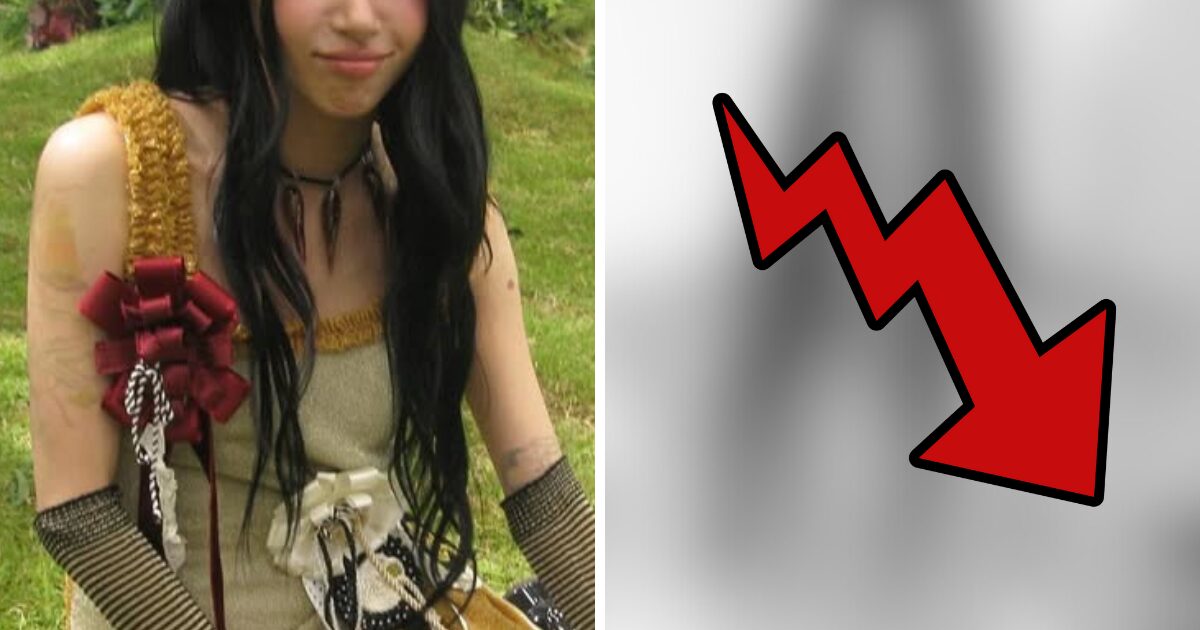







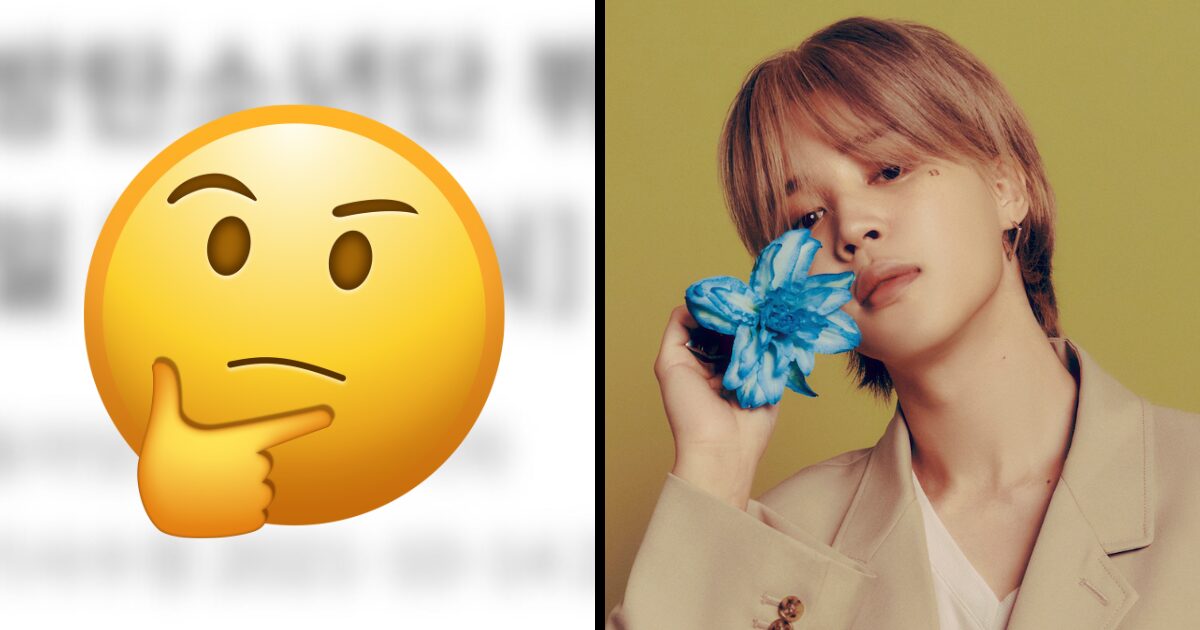

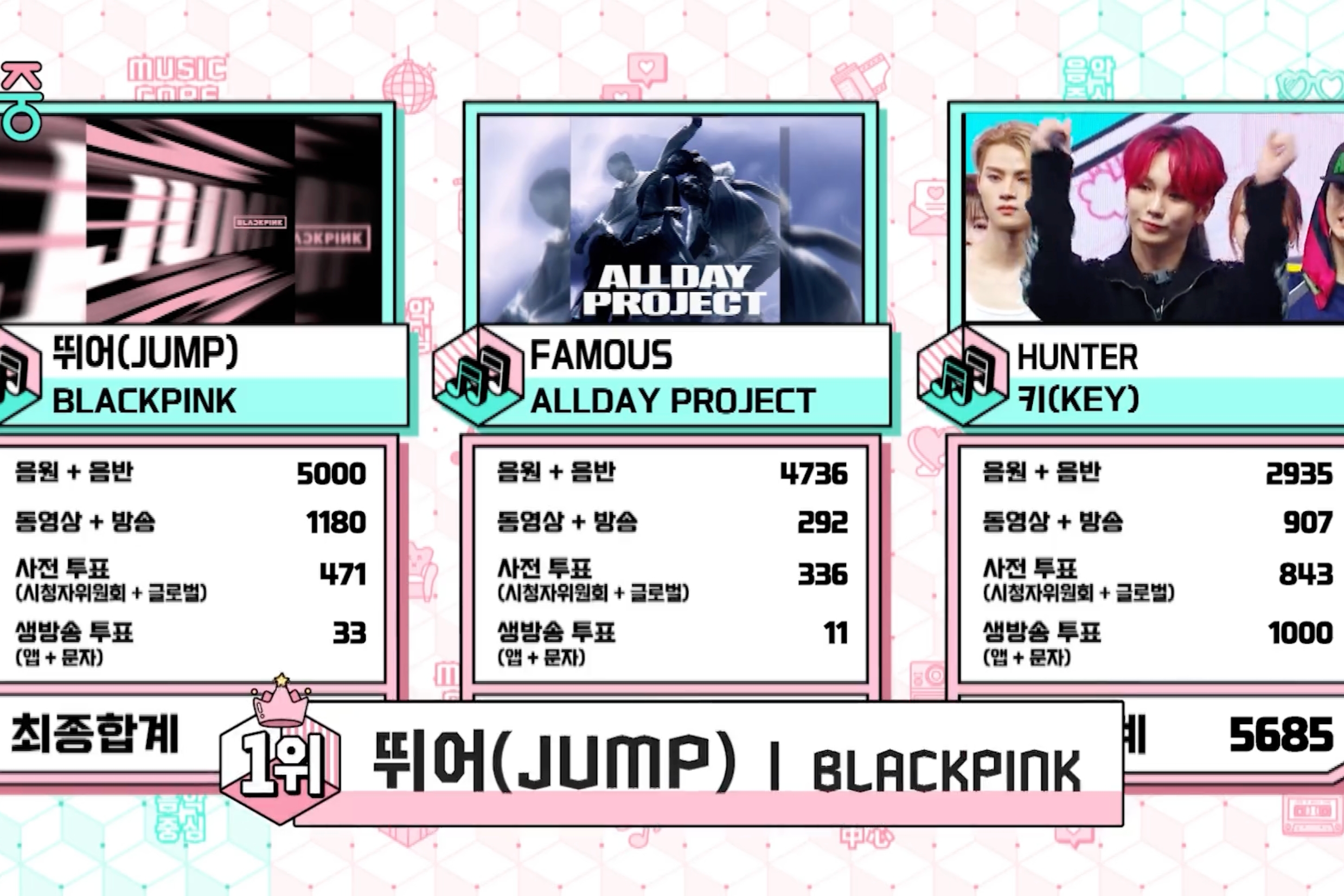
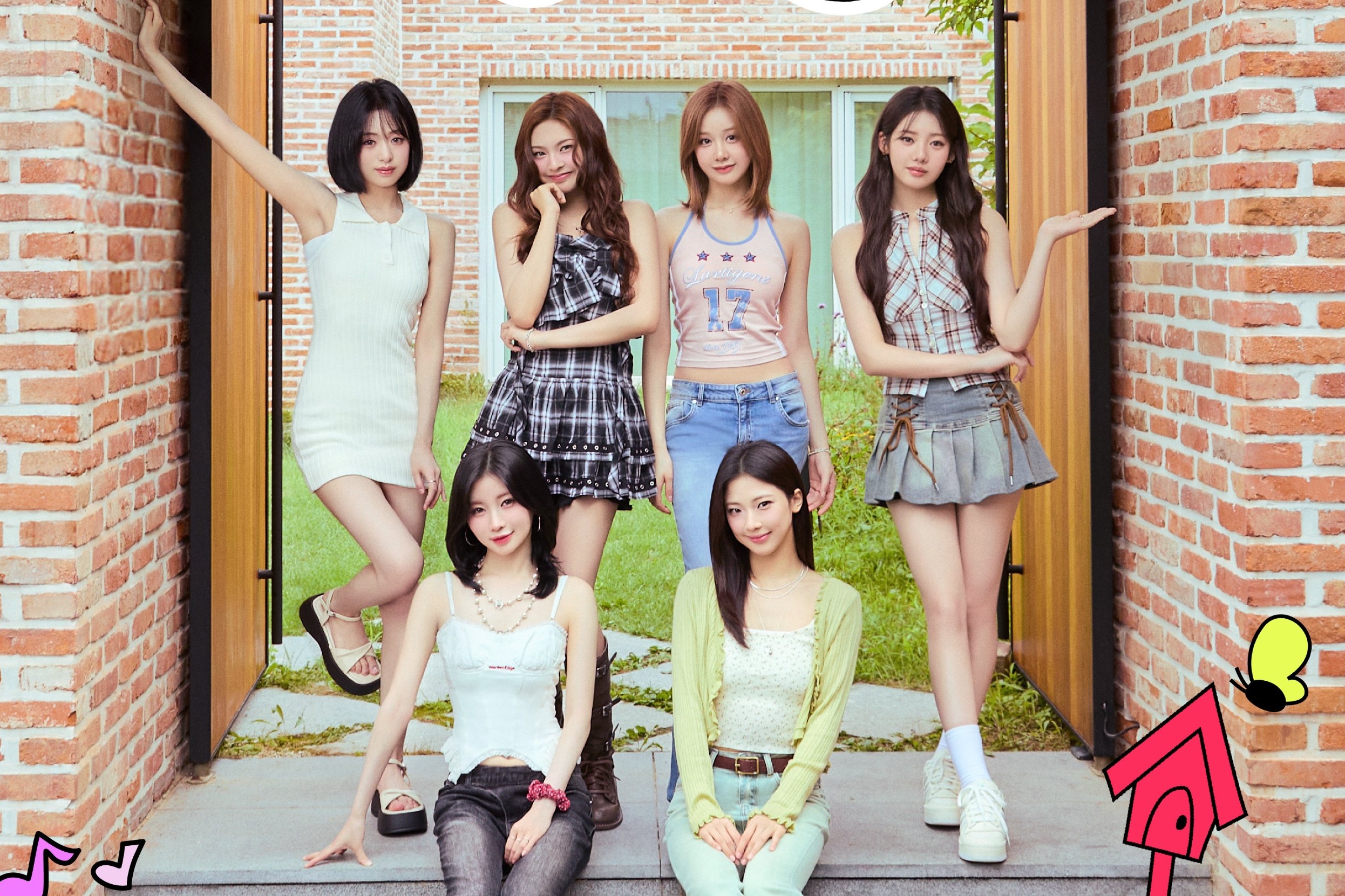
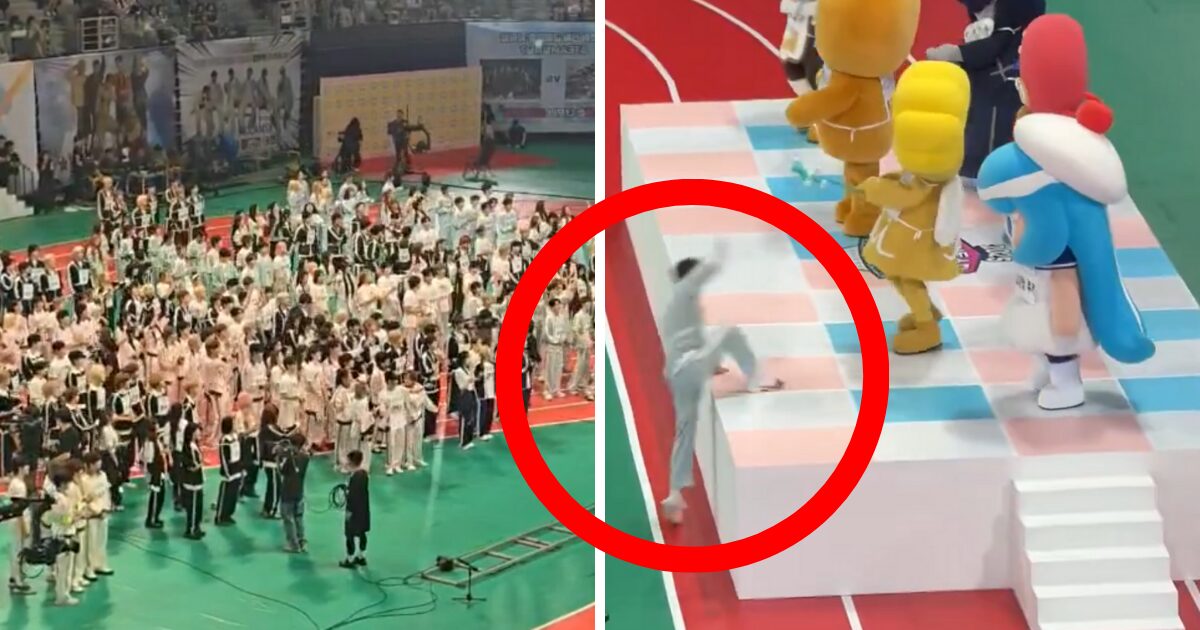
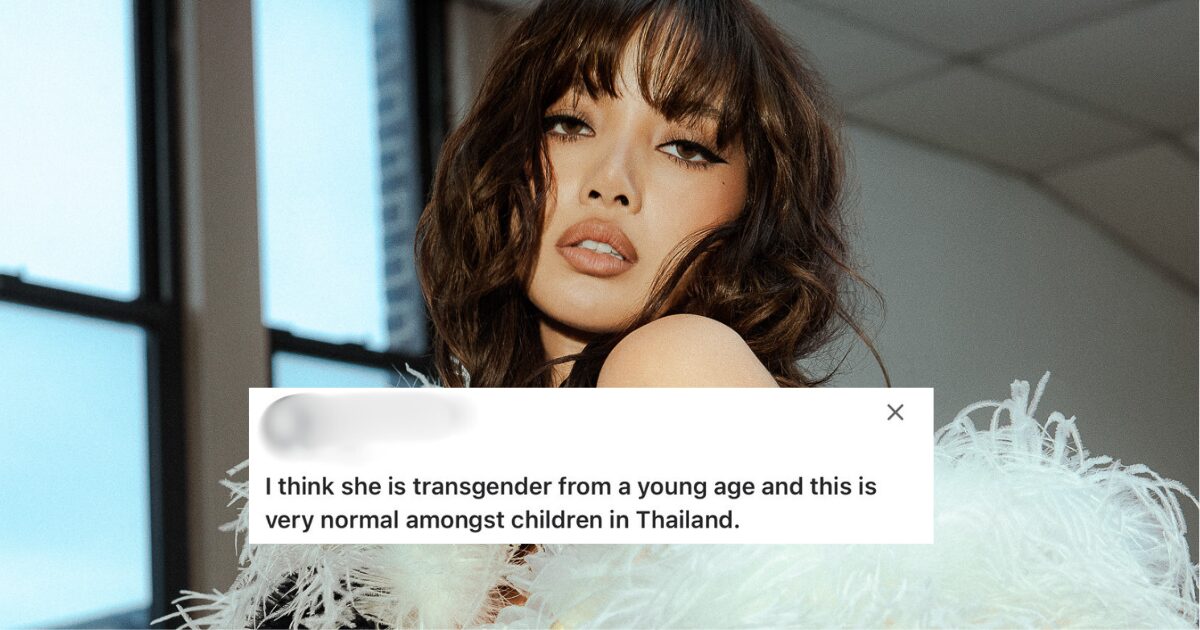


 English (US) ·
English (US) ·